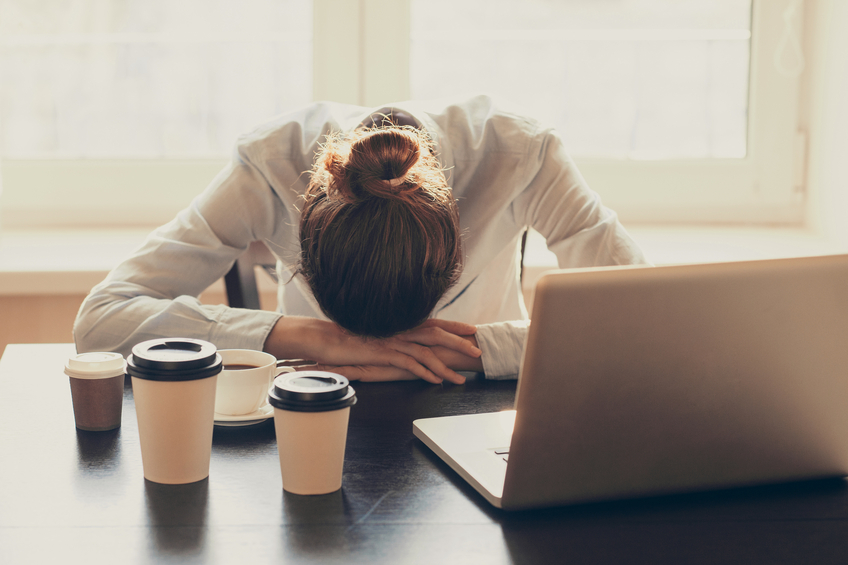
Sleep apnea in State College can interfere with your waking hours, making it difficult to carry out everyday tasks. Apnea can also increase your risk for serious condition such as diabetes, high cholesterol, and even some forms of dementia. It’s no wonder that many people try to treat the problem on their own by having a drink or two before bed. But is this a smart approach? Or does it cause more harm than good? Let’s look at the facts.
Understanding How Alcohol Affects Your Body
Alcohol is perhaps the oldest and most widely used drug on earth. It works by depressing the central nervous system and the centers of judgment in the brain, inducing a feeling of relaxation. In small quantities, it can help people to unwind and enjoy social occasions. In excess, however, it can lead to serious consequences, from legal trouble to devastating injuries and medical conditions.
Many people use alcohol to help them get to sleep. Research shows that this works fairly well; those who imbibe shortly before bedtime do drift off faster than non-drinkers. In many cases, however, the quality of their rest suffers as a result. Here’s why:
- Alcohol interferes with the all-important rapid eye movement (REM) stage of sleep. As we rest, our brain cycles through different stages of sleep, from deep, slow-wave rest to dream-rich REM sleep. This latter type of rest is essential for our mental health. But alcohol impedes our ability to reach the REM stage, so that we spend the following day on edge and out of sorts.
- Alcohol disrupts our natural rhythms. Our bodies operate on a built-in clock called the circadian rhythm. It helps us to stay alert during the busiest part of the day and to relax as bedtime approaches. Alcohol throws off this internal timepiece, making us drowsy when we should be active and vice-versa.
- Alcohol can contribute to sleep apnea symptoms. Obstructive sleep apnea (OSA) is a serious medical condition in which the throat partially collapses during sleep. Alcohol makes this problem worse, forcing us to awaken multiple times during the night and further degrading the quality of our rest.
It’s for these reason that sleep experts caution their patients to avoid relying on alcohol to help them get the sleep they need. A better course of action is to seek help from a dentist or other medical professional trained in sleep medicine. Here’s how they can help:
- By examining your mouth, throat, and sinuses for possible airway obstructions. Many people have excess tissue in these areas that can put them at special risk for developing apnea.
- By referring you to a sleep clinic for a formal study. This is the only reliable way to determine if apnea is the cause of your problems.
- By prescribing corrective treatments. For example, a sleep dentist might create a custom mouthpiece that helps to keep your airways open during rest. Other treatment options include surgery, a CPAP device, and switching to a different pillow or sleep surface.
Life is too short to go through your days half-awake. See your dentist or other healthcare professional soon about getting treatment for your apnea symptoms. You’ll soon be enjoying better rest all night long.
About the Author
Dr. Donald M. Marks earned his DMD degree from the University of Pittsburgh. He has also completed advanced training in apnea diagnosis and treatment with the American Academy of Dental Sleep Medicine. You can reach his office online or by calling (814) 234-0329.
